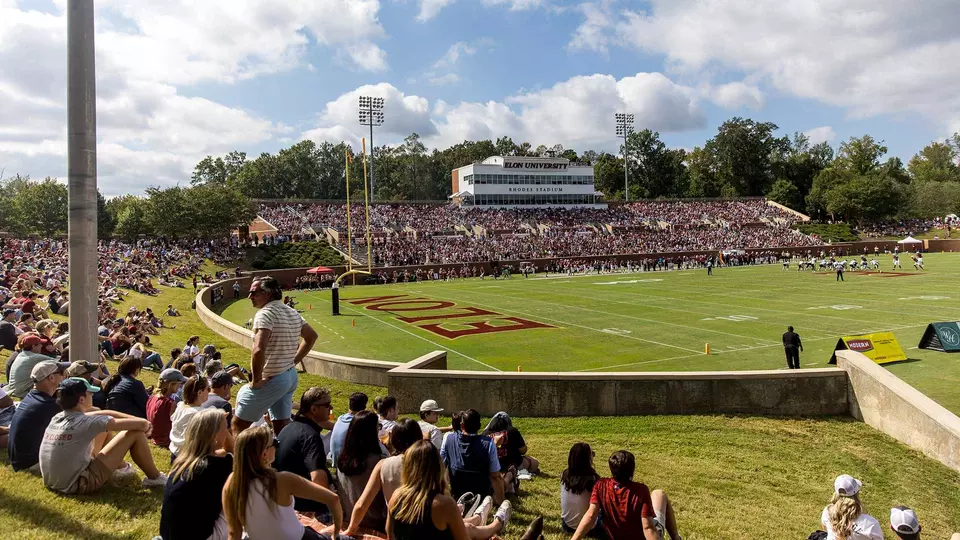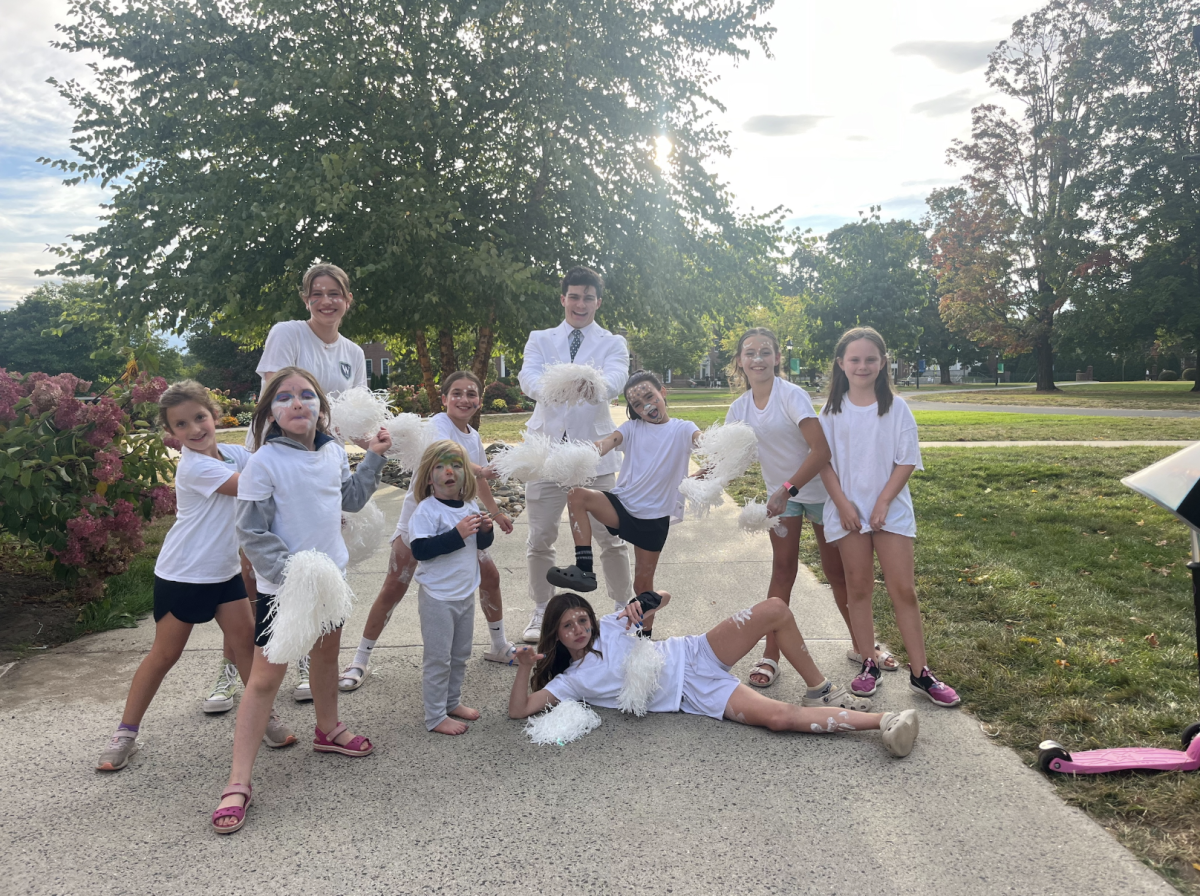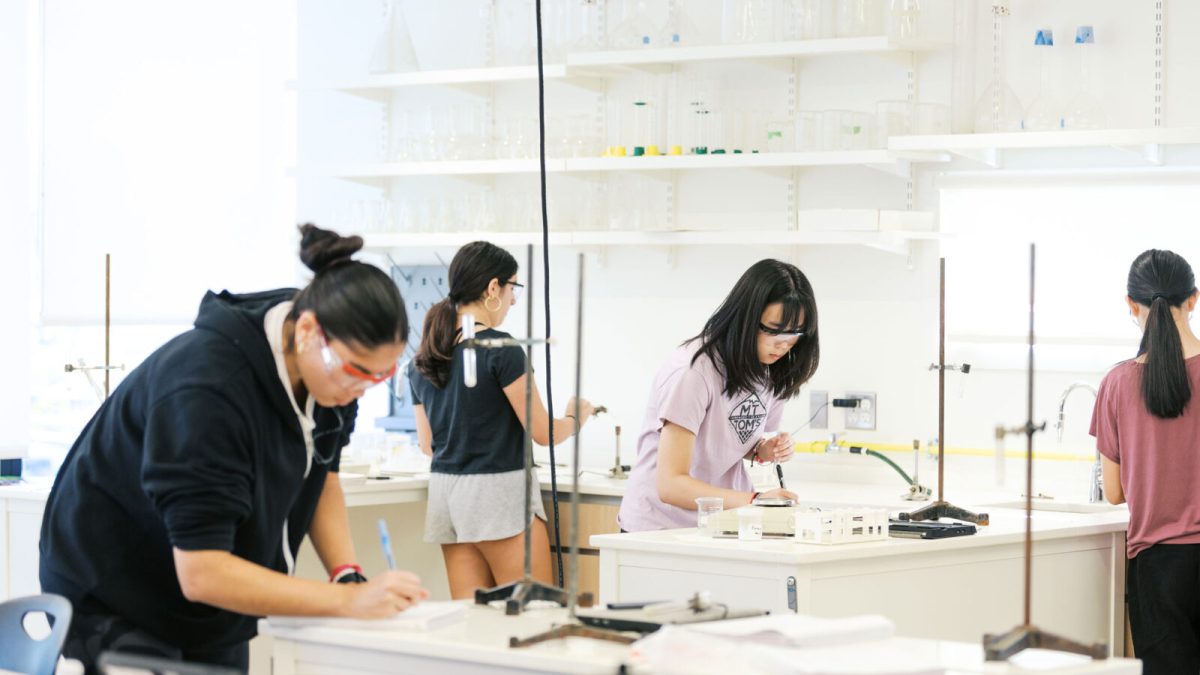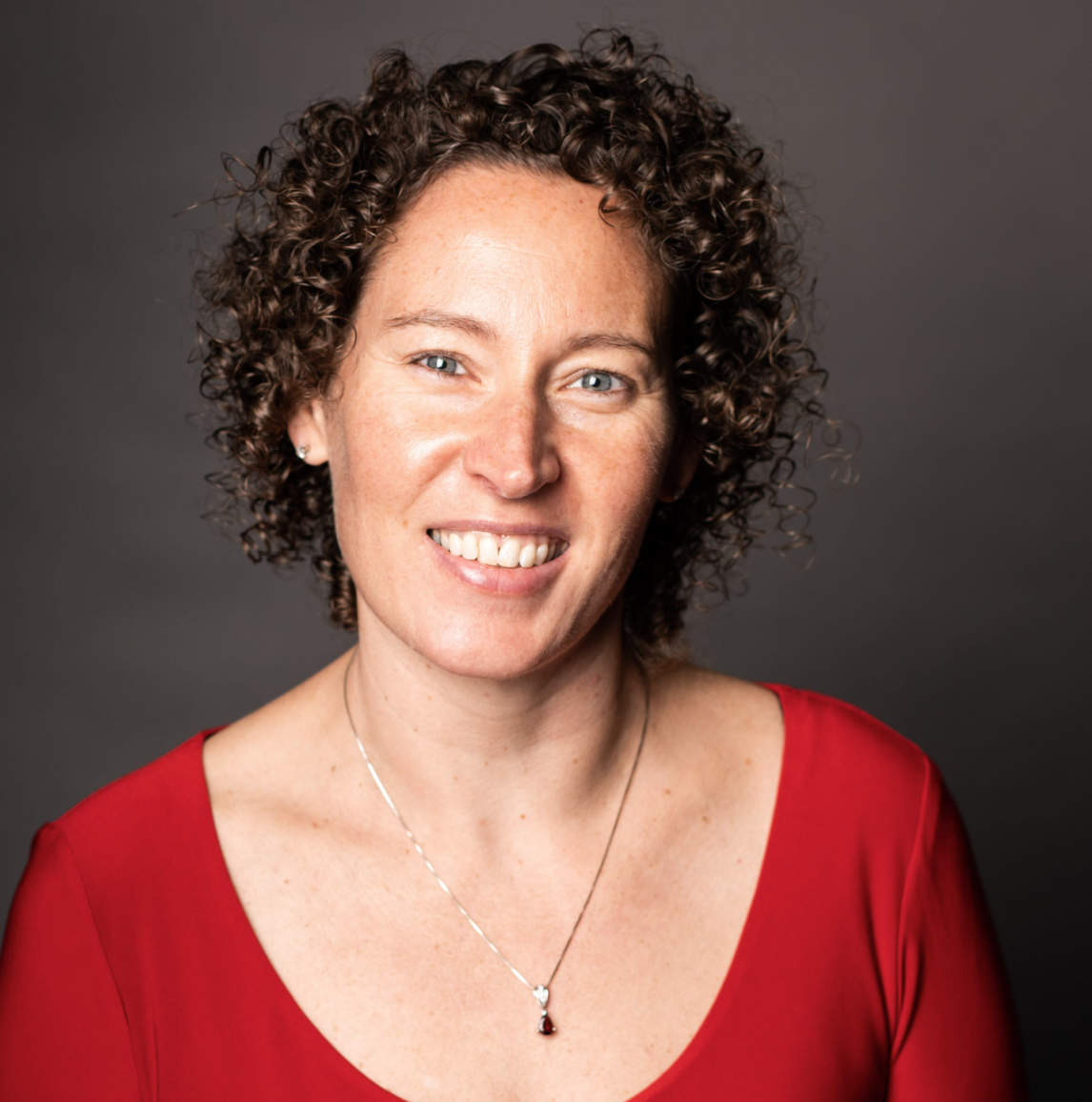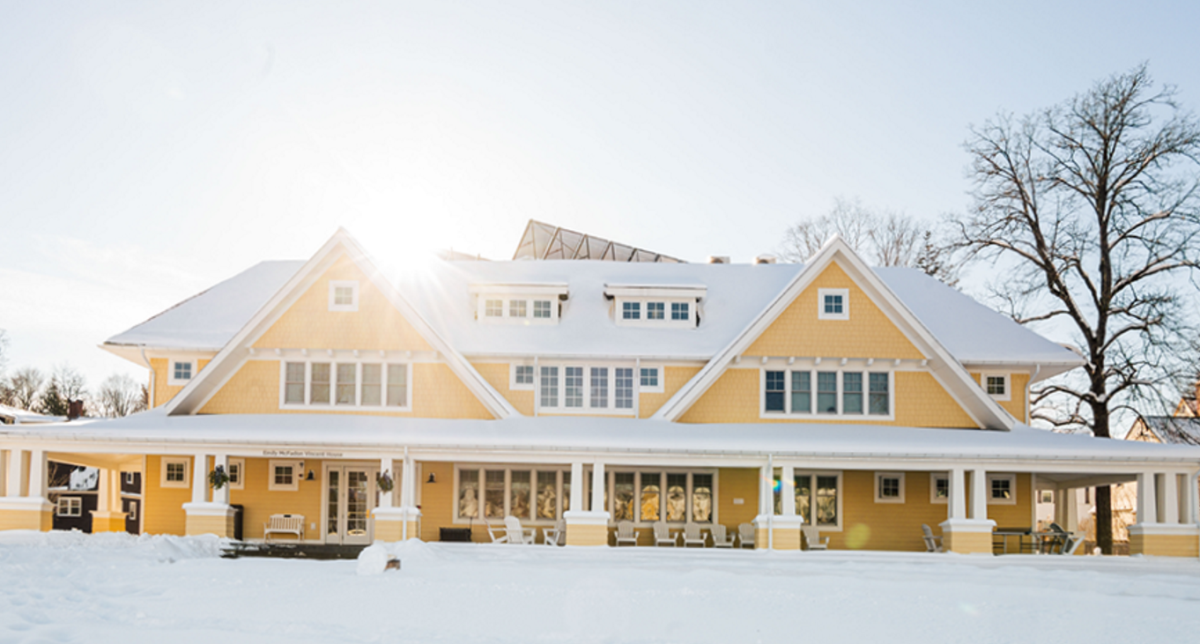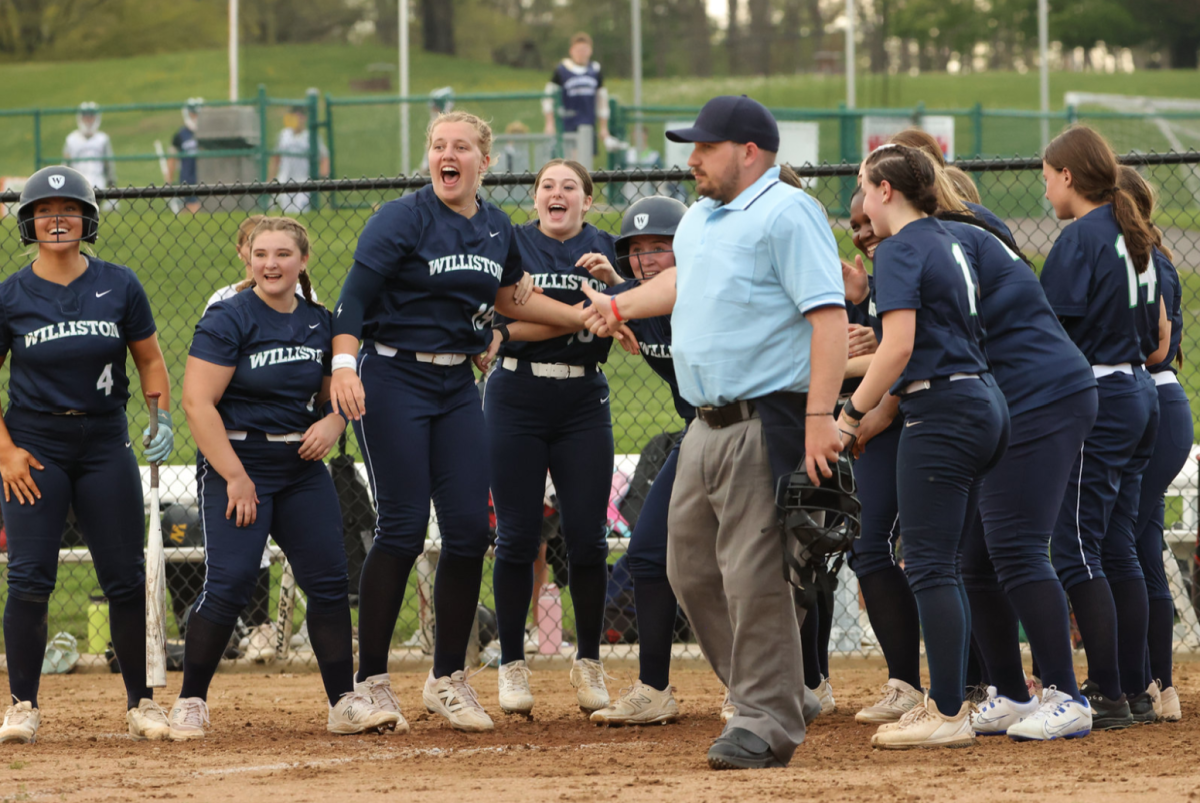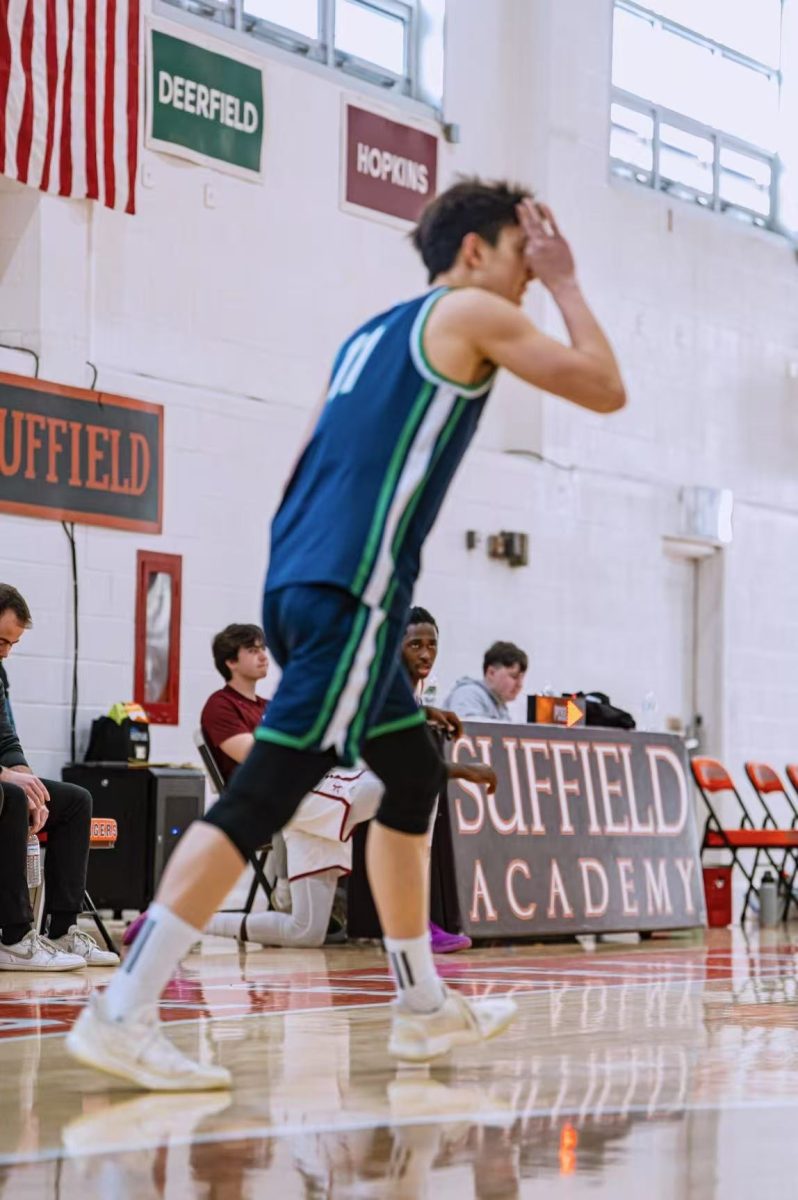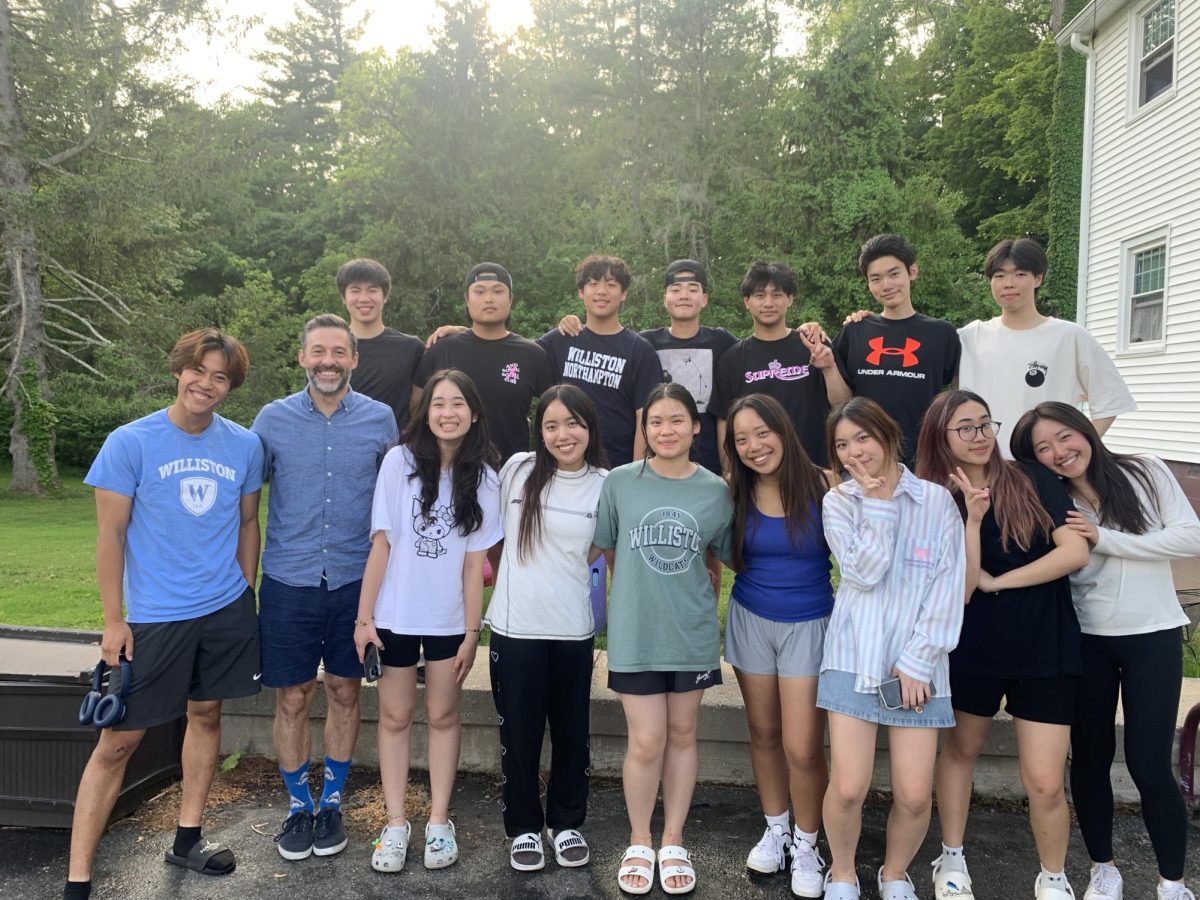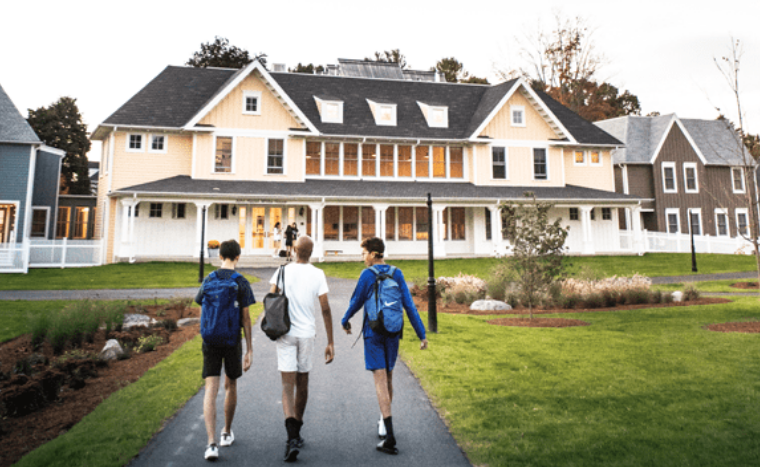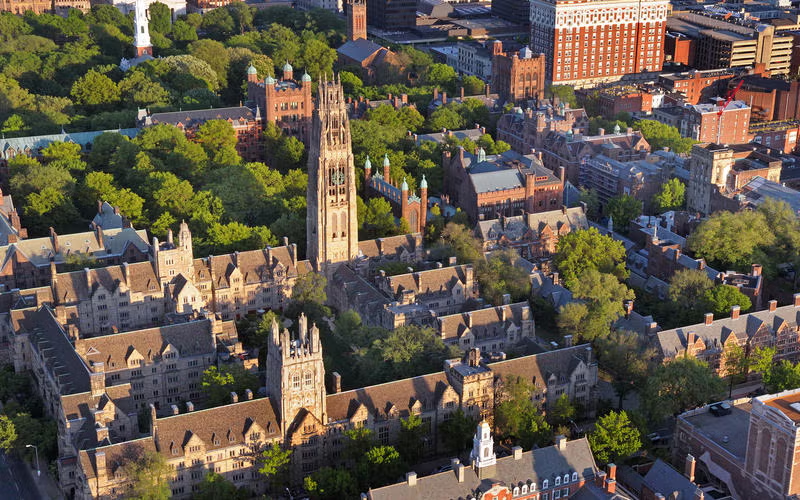Breaking the stereotypical New England college path, students are trading in the small liberal arts schools generations of Northeast students have gone to and instead flocking to large Southern schools.
Many of these southern colleges draw students in due to their large population, big sports teams, extravagant Greek life, and growing popularity; much of this is due to social media.
Along with a different scene than the small, liberal arts schools that populate the Northeast, students also find economic advantages to southern schools.
In states such as Virginia, the private university tuition is $36,434, compared to to an average price of $71,563 for private universities in Massachusetts. The size of student populations is also a factor: many students seek out the larger campus environments provided by Southern schools. Northeastern liberal colleges have on average fewer than 5,000 students, while southern universities like the University of Alabama often have between 30,000 and 40,000 students.
Brooke Manfredi, a 2024 Williston graduate who is now a freshman at Elon University in Elon, N.C, sought out the new experiences she thought a southern school could provide.
“I wanted to go to a southern school because I wanted to branch out,” Brooke, who was a day student from Westfield, said. “I’ve lived in New England my whole life.”
Max Elkin, a Senior boarder from Atlanta, Ga., who previously was a day student from Amherst, wants to go south because of family ties.
“I am applying to the [University of Georgia] as a safety because I live in the state, and I also like it,” Max, who considers himself from New England, said. “I am applying to Emory because my mom works there, so it kind of makes it safe for me. I am applying to Duke out of the recommendation of my friends and family. These are all good schools, but they also work very well for safety purposes.”
Max also believes Southerners are nicer than many people who live in the Northeast.
“From the limited time I have had down there,” he said, “people are a lot friendlier, and how nice they are actually goes beyond the surface. I have a lot more random interactions like getting stopped in the grocery store.”
Brooke agrees that people are nicer in the South, but she sees many other benefits to a Southern environment. Among these, she says, are affordability and weather.
“People are really nice here,” she said. “The cost of living here is so much cheaper than at home, which is nice for a college student. Also, it’s warm, and being in that environment is so good for my seasonal depression and mental health”
Olin Rose-Bardawil, a senior day student, from Florence, Mass., believes there are a number of perks of Southern schools that Northern schools do not provide.
“I think the culture is different and there is more emphasis on sports which is a benefit, warmer weather is a benefit, as well as the schools just being bigger,” he said. “Also, I think New England colleges are more restrained, whereas southern schools are more raucous, partly because of frat culture.”
Olin also agrees that the South can be friendlier than the North. “There is a lot more hospitality,” he said.
Carrie St. Marie, an alum from the class of 2021 and currently a junior at the College of Charleston, thinks the best thing about the southern schools is the weather, yet she does acknowledge the cultural shift.
“One major benefit of attending a southern school is definitely the climate. The warm weather and sunny days help me avoid seasonal depression, which boosts my productivity,” she said. “In terms of downsides, the slower pace of life can be a challenge for me. Coming from New England, where everything moves quickly and the work ethic is intense, it can be frustrating to adapt to the more laid-back vibe here.”
Brooke also believes that the pace of life has changed for her in the South.
“Southern culture is way different than at home. At home, everyone is very sophisticated, and I know that Mass especially has a rep for being rude and stuff, but people aren’t rude, they just have [things] to do.” she said. “Everyone [here], their whole way of life is slower. Everyone moves slower, like no one really has a place to be.”
Brooke also admits that she misses the food in the North.
“I miss Italian food so much you have no idea,” she said. “The only food down there is chicken—everywhere serves chicken. I will go out to eat and literally everywhere serve chicken. It’s chicken or basically nothing.”
St. Marie also believes it’s hard to balance political views in the South, especially coming from the North, but she also thinks that it has benefited her and created an open-minded community.
“Political views significantly differ from those in the North,” she said. “The South tends to lean more conservative, with stronger support for traditional values and policies that reflect that perspective. The North tends to lean more liberal and is definitely more progressive. It has been pretty cool being down here and having healthy dialogue and coexistence with people who have differing opinions.”
St. Marie loves Charleston and appreciates the experience she has been given through the city, but, like Brooke, she does not think she will live there forever.
“I don’t see myself staying in South Carolina long-term once I graduate, but I do absolutely love North Carolina. You have the beach and the mountains and all four seasons but a bit milder than we are used to up north,” she said. “I feel like that is where I will end up settling down. Charleston’s summers are borderline unbearable with the heat.”
Brooke enjoys Elon but going to a Southern school has also caused her to appreciate New England more.
“I always thought I was going to stay in the South because I hate the cold, but once I left New England I realized how much I love it,” she said. “I would not picture myself at any other school, but I would say I don’t think I’m going to live here permanently. I miss home and fall and everything that comes with home. I know it’s cold up there, but I just miss that atmosphere.”



